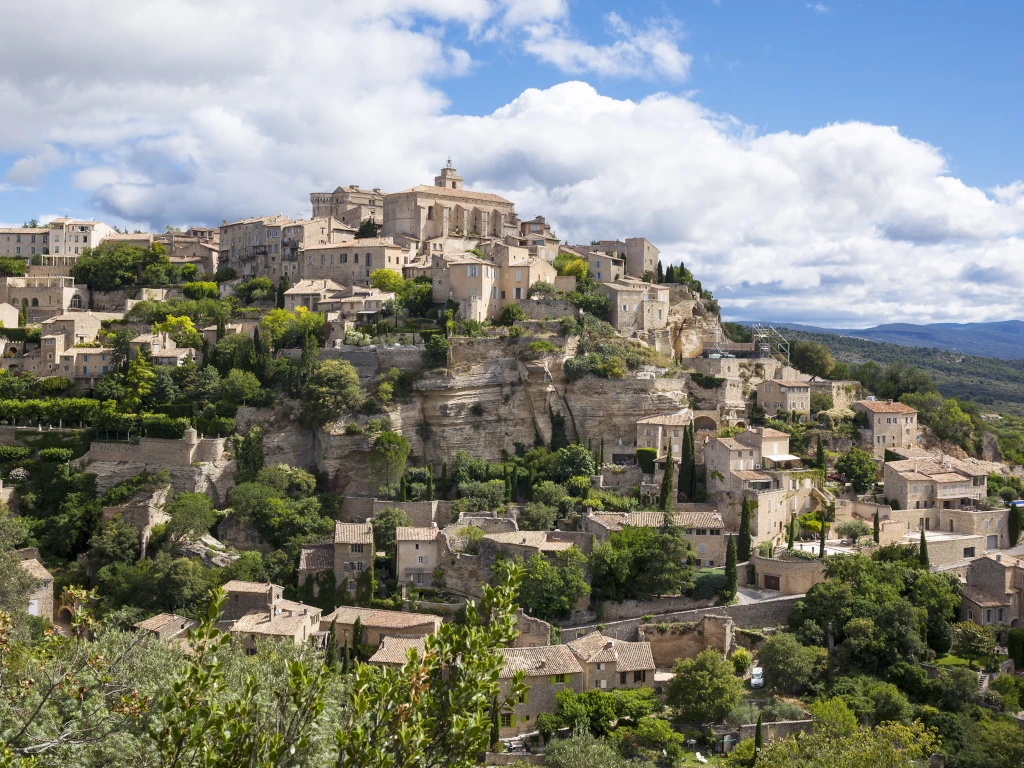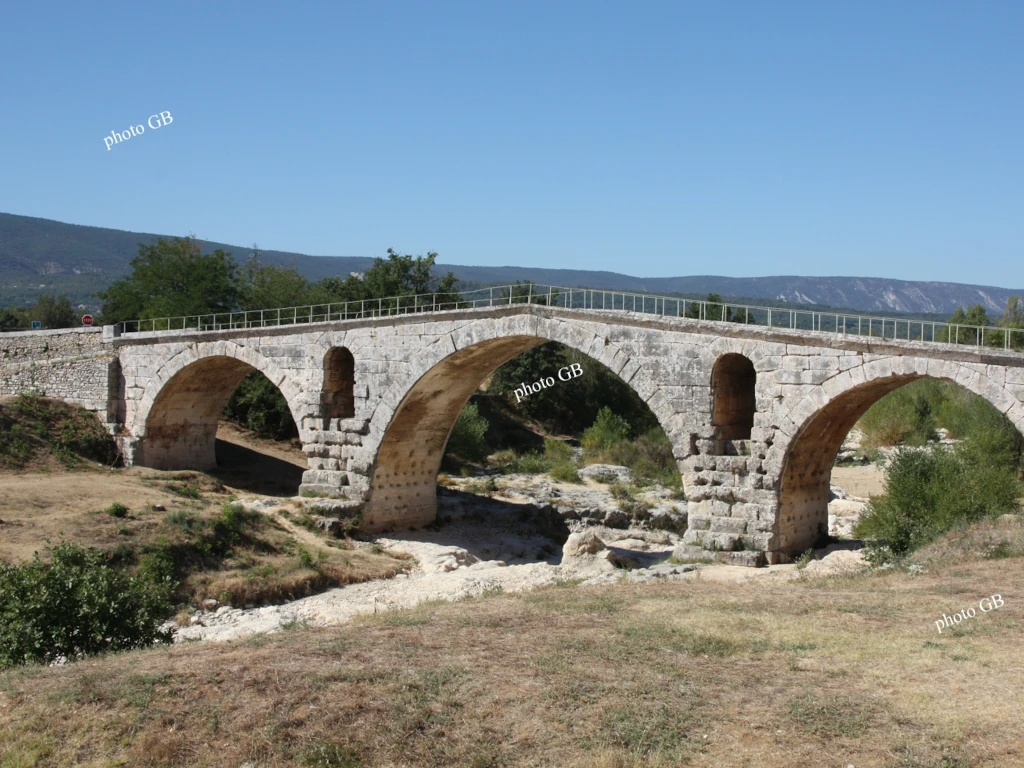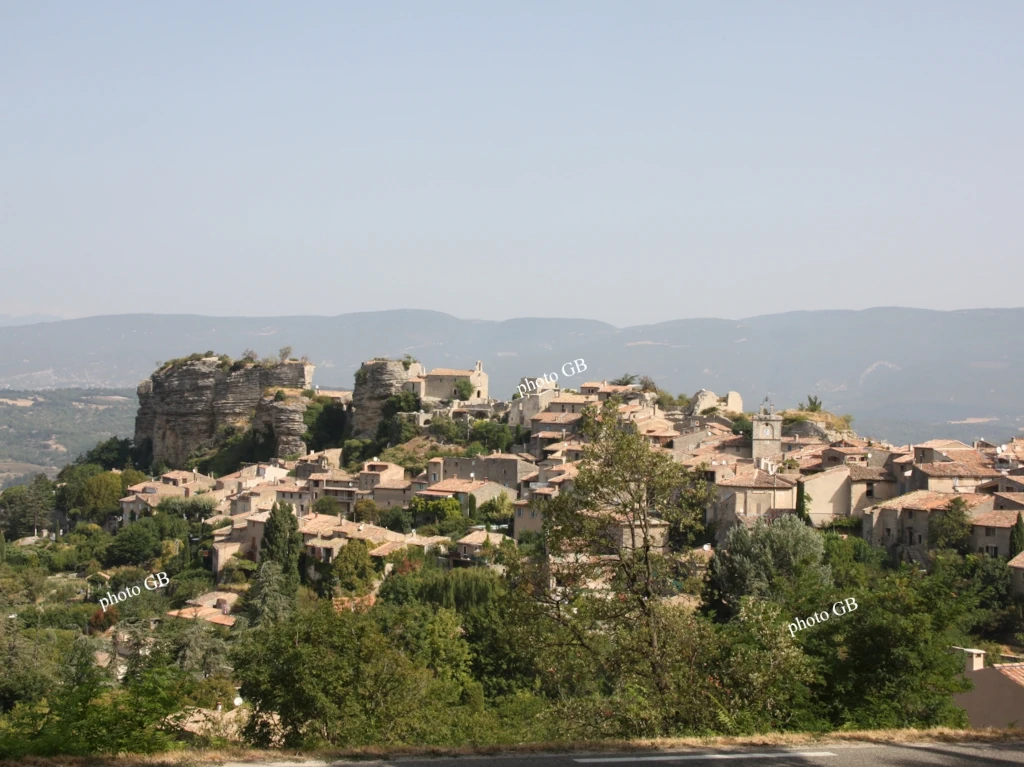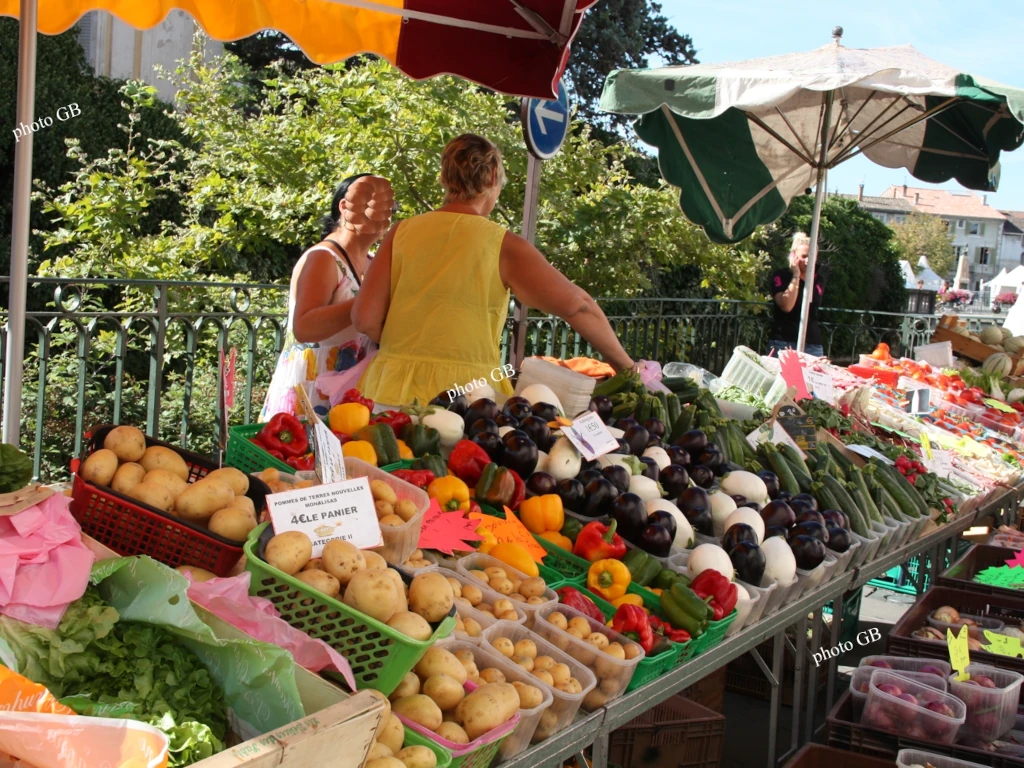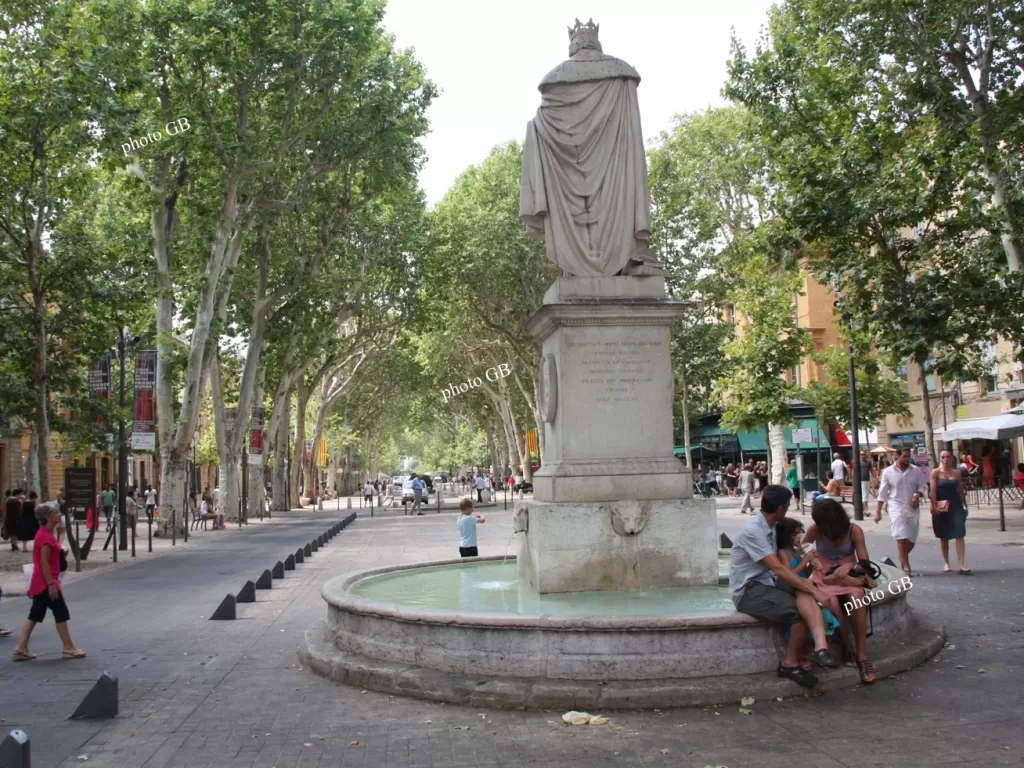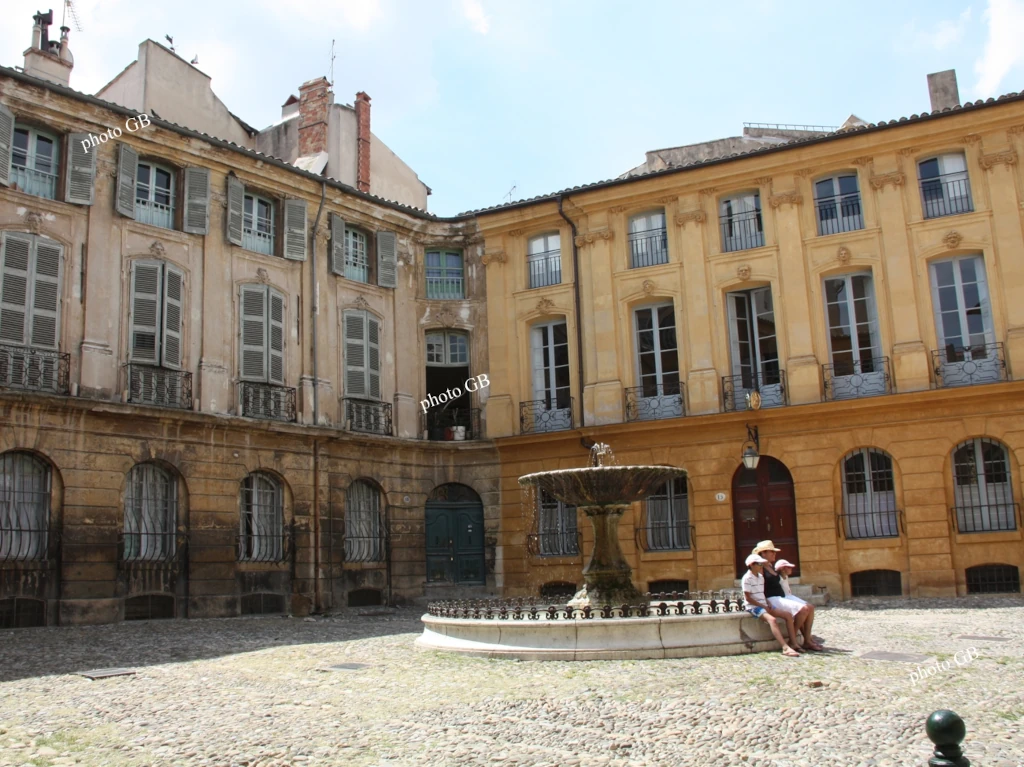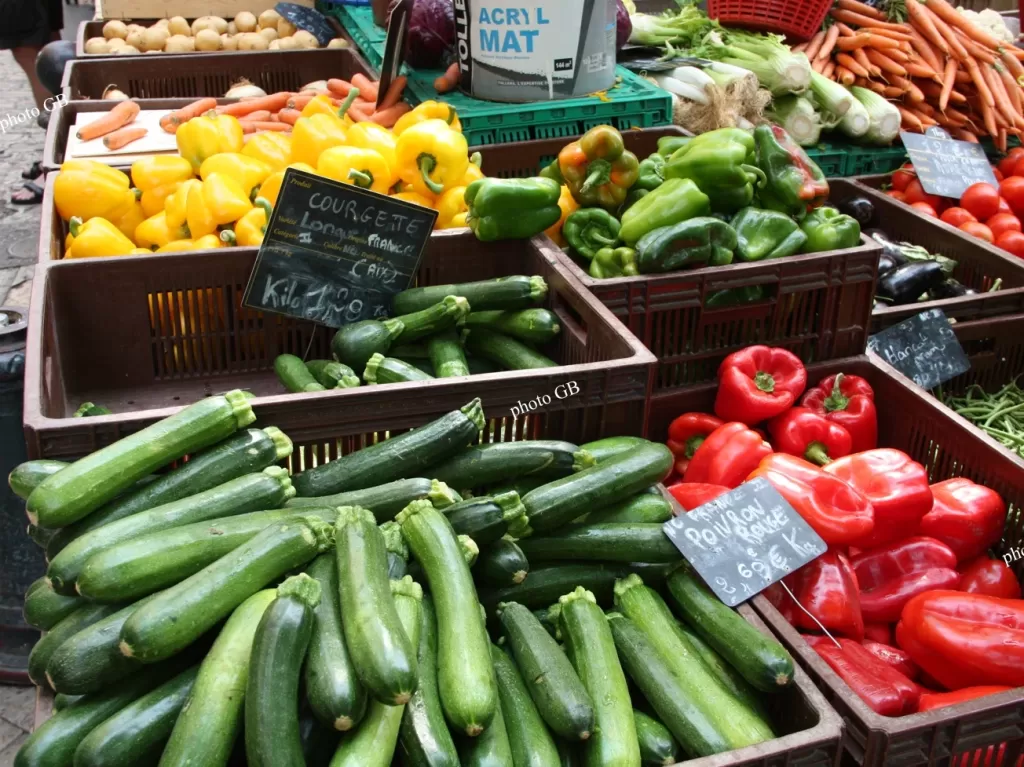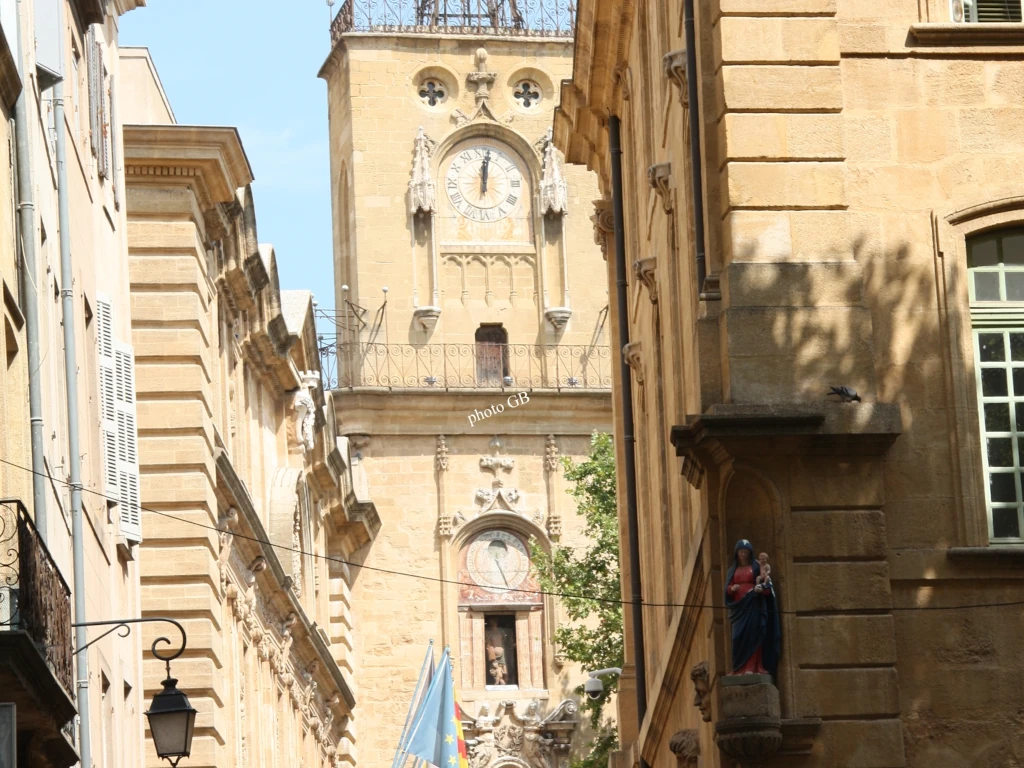Must-see in Luberon and Vaucluse

Direct access from the property to the Luberon cycle track going from Cavaillon to Céreste.
La Bastide de la Peyrolière is ideally located to explore our magnificent region.
De part sa situation géographique la Bastide de la Peyroliére is ideally located to explore our magnificent region.
3 km from APT (the capital of the Luberon), 45 km from Avignon, 35 km from Carpentras, 50 km from Aix en Provence, 80 km from Marseille and Camargue.
Many activities await you: horse riding, hiking trails, lakes, festivals, etc...
Charming Provencal villages to visit such as : Gordes, Ménerbe, Bonnieux, Oppède le vieux, Saint Saturnin, Viens, Lourmarin, Cucuron, Céreste, Sault …and their markets.
Less than 10 km from la Bastide de la Peyrolière…exploring by car or by bike

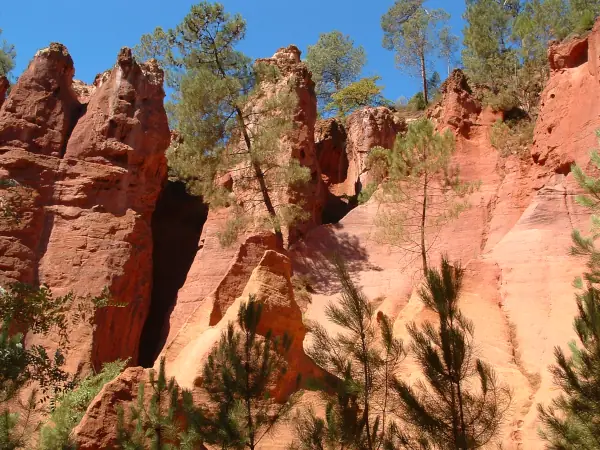
The Colorado provençal
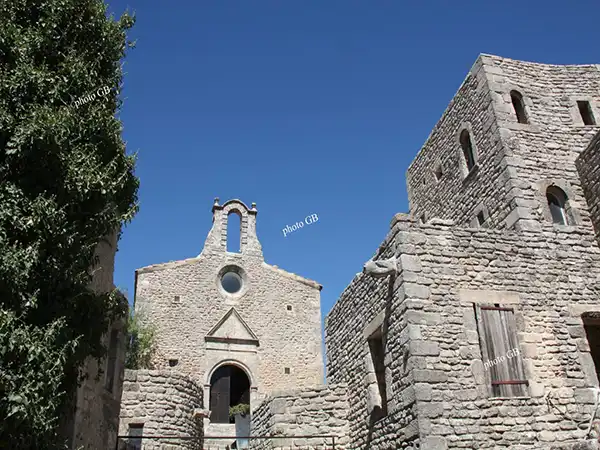
Saignon
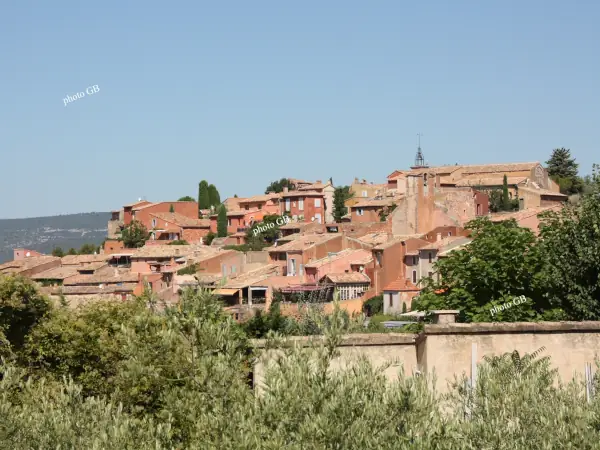
Roussillon
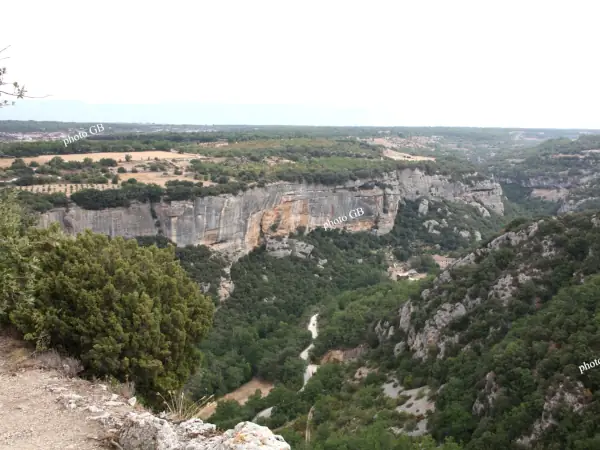
Buoux
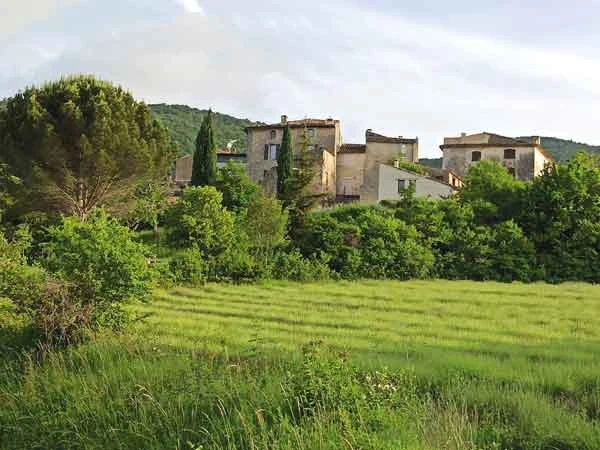
Auribeau
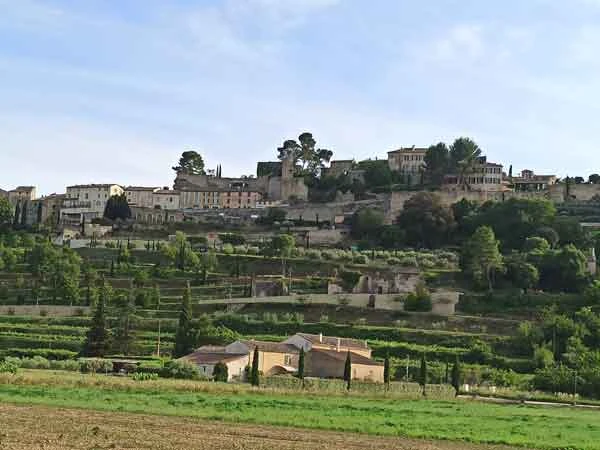
Ménerbes
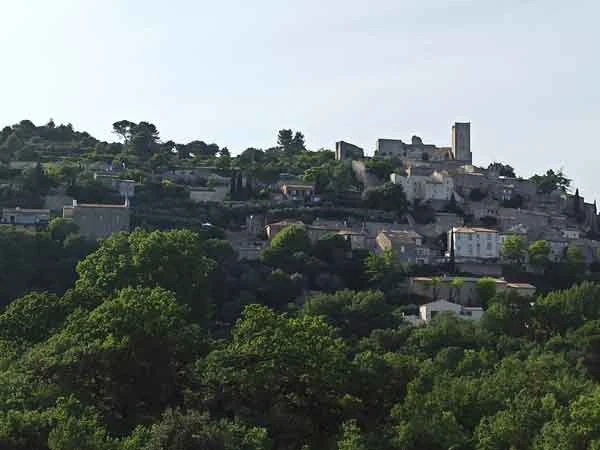
Lacoste
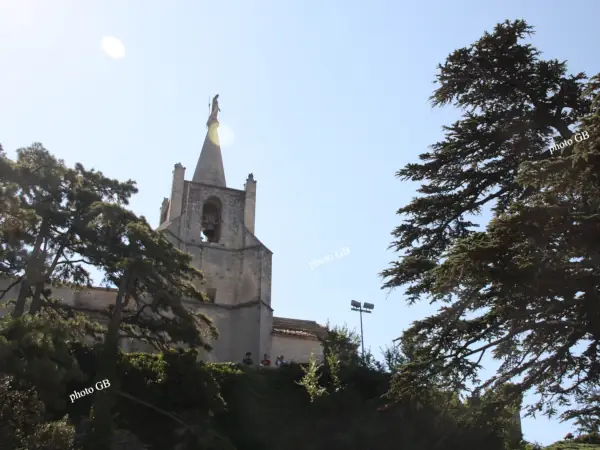
Bonnieux
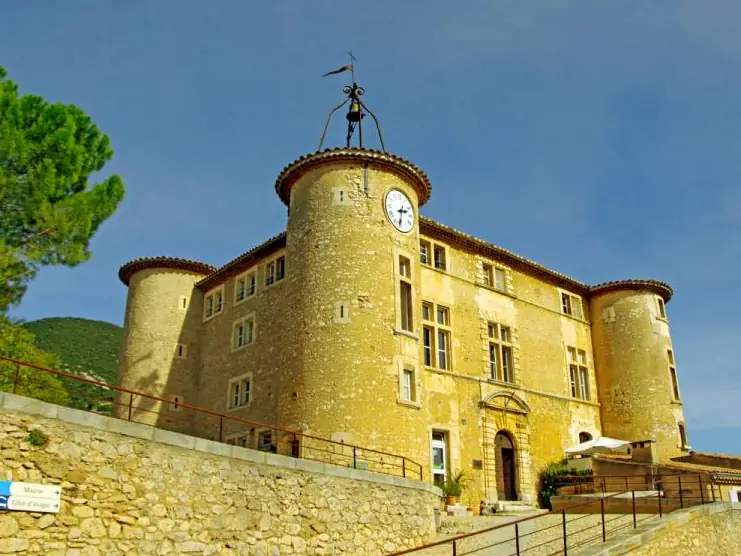
The château de Rustrel
About 30km from Apt

Gordes
The Luberon’s best known village is probably Gordes!
With its 12th-century castle perched on a hillside, its dry-stone buildings (bories), the splendid Sénanque Abbey… it is well with a visit!
Oppède le Vieux
Oppède le Vieux is a lovely hilltop town facing Gorde.
At the top of the village stands the ruins of a medieval castle and a beautiful romanesque church.
Narrow cobbled streets, 15th and 16th centuries houses…
Fontaine de Vaucluse
It is nestled in a deep valley, a stone’s throw from Isle-sur-la-Sorgue.
A key feature of Fontaine-de-Vaucluse is the truly amazing and unique sight of a river gushing up out of the ground.
Water flows into a beautiful emerald-turquoise pool.
Isle-sur-la-sorgue
L’isle sur la Sorgue is well known as the Venice of Provence because of its many small canals.
This small town is famous for its many antique shops and flea markets.
Lourmarin
You reach Lourmarin after crossing the Luberon through the Aiguebrun gorges.
With its narrow cobbled streets, its renaissance castle, its church, cafes and shops… and stunning views of the surrounding countryside.
Famous for some of its residents such as Henri Bosco or Albert Camus who are buried there.
Banon
The village of Banon is perched on a hill overlooking a valley. The climate is dry and sunny 300 days a year.
Banon has a rich cultural and gastronomic heritage narrow cobblestone streets, ancient houses, 17th-c roman St-Marc church, the famous Bleuet library.
And don’t forget to taste the famous goat cheese!
Avignon
Who hasn't heard about the famous Avignon bridge and the palace of the Popes (the largest Gothic palace in the world) ?
The city of Avignon is charming with its historic center full of restaurants and cafes, its medieval ramparts…
The city is also famous for its prestigious Theater Festival which lasts for several weeks in July.
UNESCO has listed Avignon as a World Heritage Site!
A little further on ... Aix en Provence

The Colorado provençal
The Colorado Provençal area is a geosite in the Luberon Regional Nature Park. Named after its fiery red and orange landscape, this former ochre quarry is one of the best places to appreciate the area's mineral riches. Ochre was mined here from the 1880s until 1956, leaving a legacy of canyons, valleys, hills and sculptural rock formations such as the Cheminée de Fée (Fairy Chimney) Enjoy a tree-top adventure with family . You can also visit the castle and the oil mill in Rustrel
Saignon
In ancient times Saignon’s rock was used as a signal station to help protect the village and Aptd down in the valley from invasions, hence perhaps the name Saignon, which comes from signum, Latin for 'sign'.
Roussillon
Rousillon is located at the foot of the Vaucluse mountains, perched on a pink hill and surrounded by pine trees.
It is one of the most atypical towns with its colorful houses and its ocher quarries.
Stroll in its narrow streets, discover the famous Sentier des Ocres and its magnificent cliffs and visit.
The ochre mine de Bruoux worth a visit!!
Buoux
The village of Buoux with its impressive cliffs of Aiguebrun facing the "Fort de Buoux" and the 13th century Romanesque church "Sainte-Marie".
Auribeau
Auribeau is a tiny charming village clinging to the mountain. Downhill, a forest path will lead you to the Mourre Nègre, the highest peak in the Luberon (1125m).
It will take 3 to 4 hours round trip, or even the whole day if you stop for a picnic.
Ménerbes
Menerbes is a medieval village spread out along a hilltop in the centre of the Luberon region.
It’s charming to stroll through its narrow streets and discover its heritage: the 16th century Le Castellet castle, ancient houses, residences, mansions, the town hall square, churches, chapels and a 17th century bell tower.
Lacoste
Lacoste is a small picturesque medieval village perched on a hill from where you will have wonderful never-ending views of the surrounding countryside.
The village of Lacoste is best known for Donatien Alphonse François de Sade who came to live in the family’s castle in 1771 to escape from the tumult due to its erotic and masochistic writings.
Bonnieux
The village of Bonnieux is one of the most beautiful perched villages of the Luberon.
The lovely narrow cobbled streets of Bonnieux are steep!
Go up the 86 steps to the old church and admire breathtaking views.
At the bottom of the village, you will find the new church dating back to 1870.
Other historic buildings like the Town Hall, the 19th century Hôtel de Rouvil…
On the road to Lourmarin, you will find la forêt des cèdres (a huge park of North African trees).
The château de Rustrel
The château de Rustrel located in the Vaucluse department in Provence-Alpes-Côte d'Azur region was built for the dukes of Lévis Ventadour (lords of Rustrel) in the early 17th century.
Nowadays, the castle houses the town hall and a gîte.

